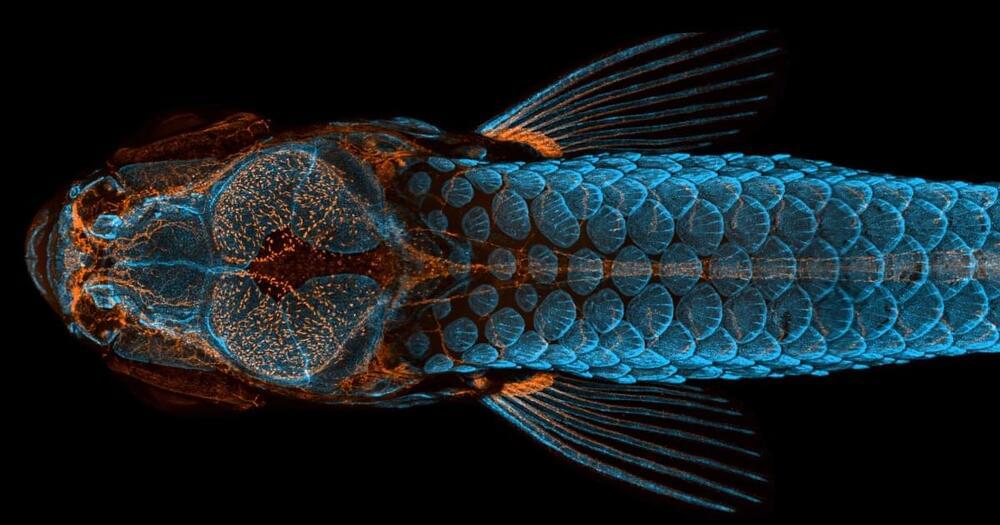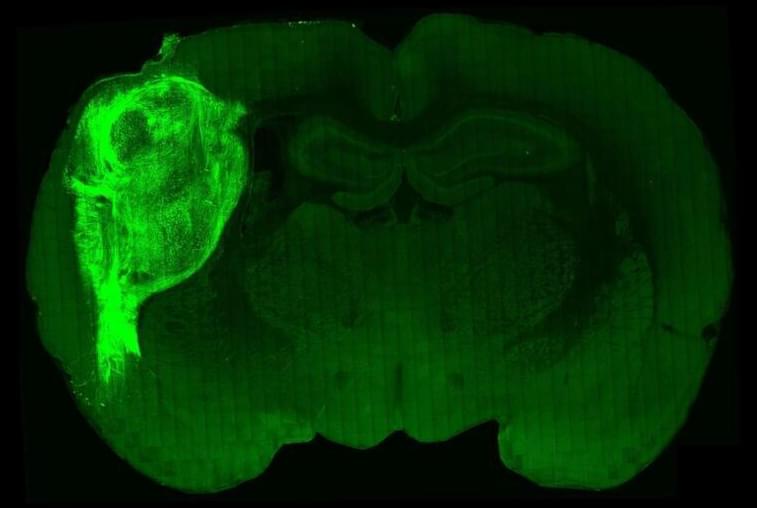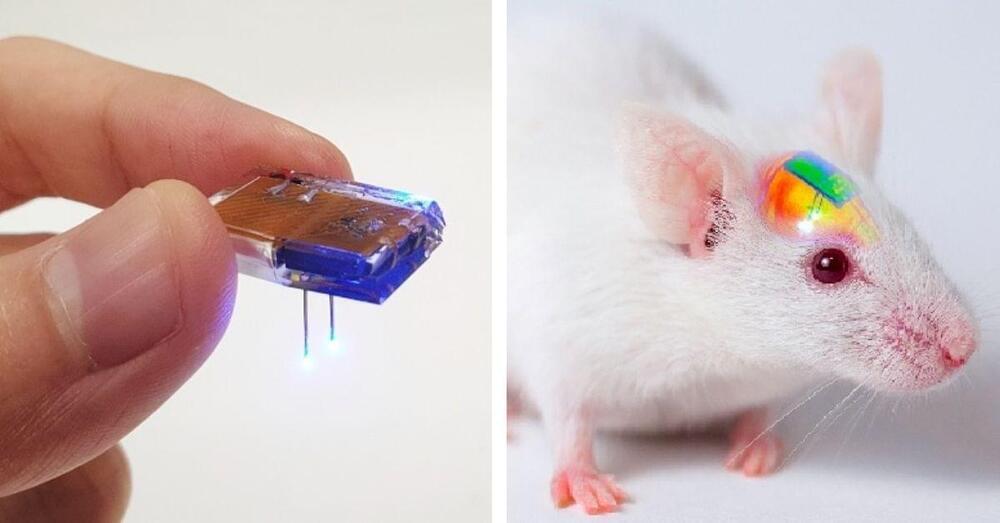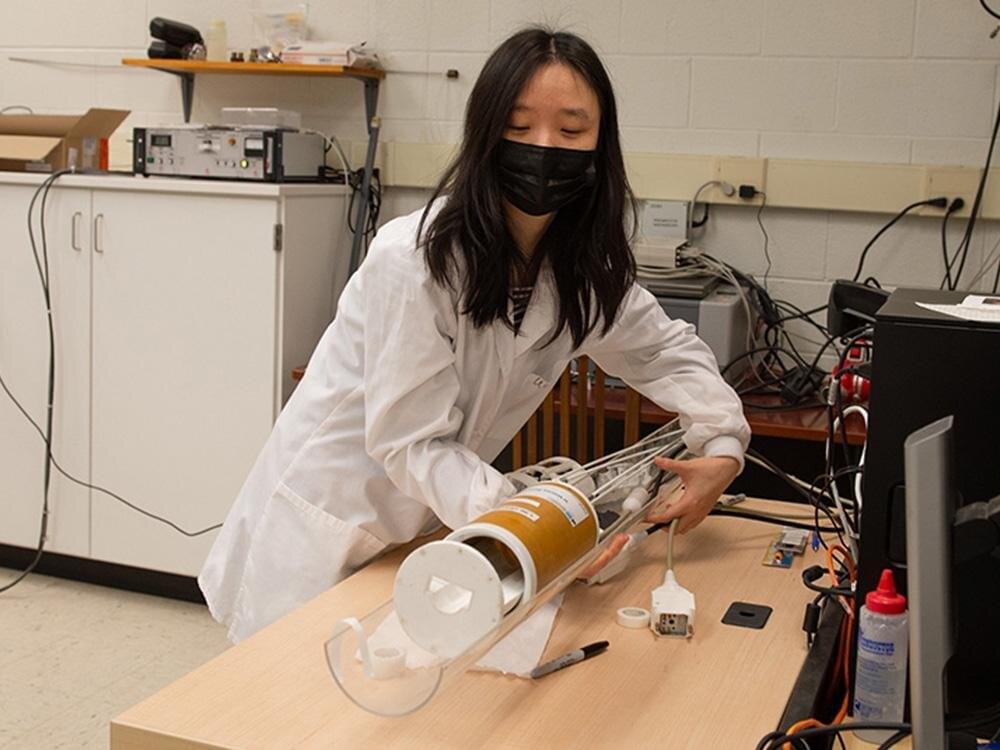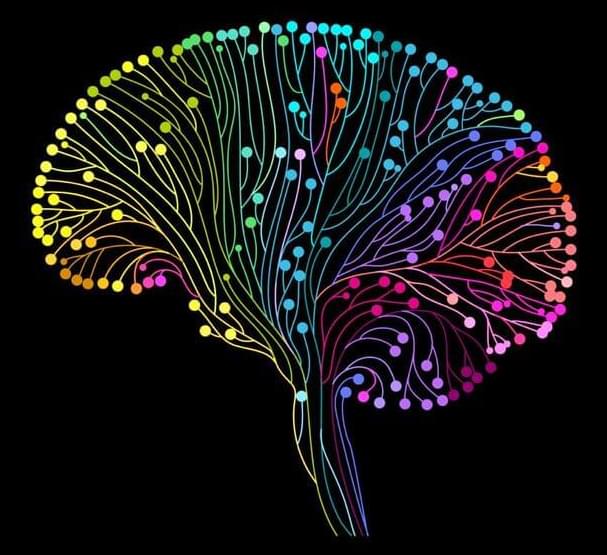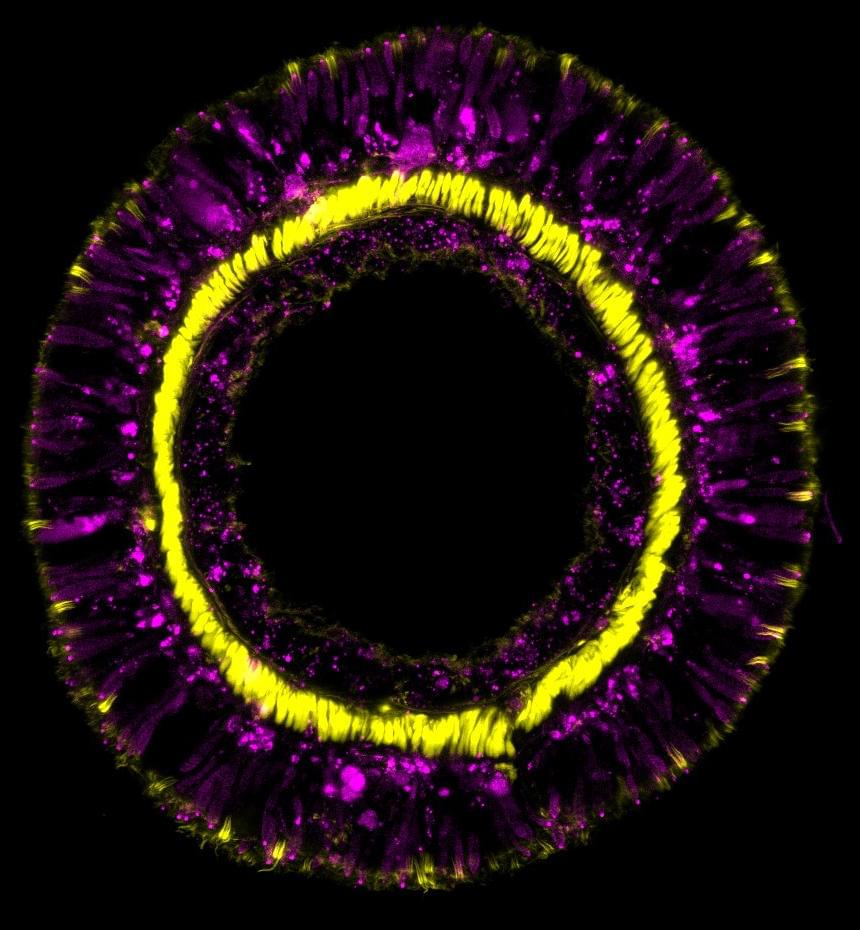Synopsis: In this talk we articulate a positive vision of the future that is both viable given what we know, and also utterly radical in its implications. We introduce two key insights that, when taken together, synergize in powerful ways. Namely, (a) the long-tails of pleasure and pain, and (b) the correlation between wellbeing, productivity, and intelligence. This informs us how to distribute resources if we want to maximize wellbeing. Given the weight of the extremes, it is important to take them into account. But because of the causal significance of more typical hedonic ranges, engineering our baseline is a key consideration. This makes it natural to break down the task of paradise engineering into three components:
Avoid negative extremes.
increase hedonic baseline, and.
achieve new heights of experience.
With regards to : the future of consciousness is anodyne. It lacks extreme suffering in any of its guises. We will see how, if we aim right, a significant proportion of extreme suffering can be prevented with pragmatic technologies already available. Even just applying what we know today would be as significant for the reduction of suffering as the advent of anesthesia was in the context of surgery.
On : the future of consciousness is engaging. From novelty generation to Buddhist annealing, baseline-enhancing interventions will change the way we think of life. It is not only about making everyday fun, but also the economics of it.
And : the future of consciousness is ecstatic. A science of ecstasy will allow us to safely and reliably sample from a wide range of time-tested ultra-blissful peak experiences. A common cause with other sentient beings, and indeed with the interests of consciousness at large, can be forged in the knowledge of such deep experiences.
They give you a genuine, non-sentimental, reason to live. Together, action on these three levels can significantly advance the cause of eliminating suffering and engineering paradise. And our assessment is: there is a lot of low-hanging fruit in this space. Let’s pick it up!

